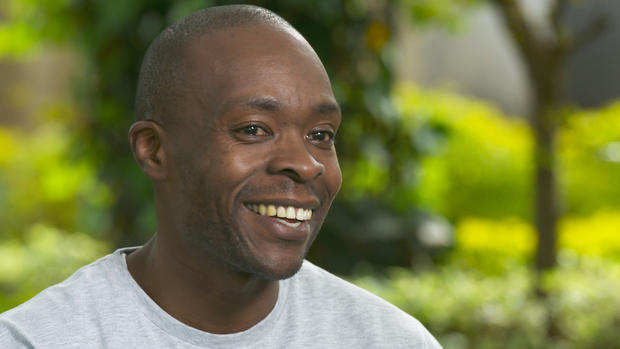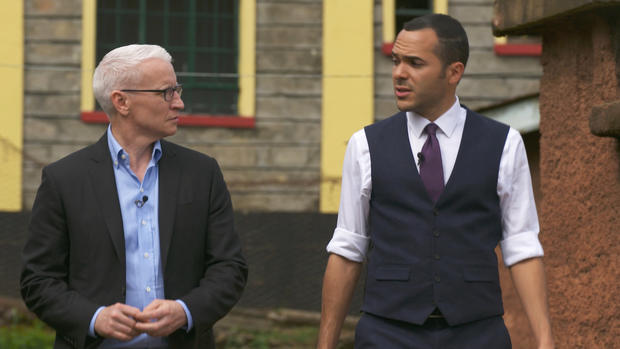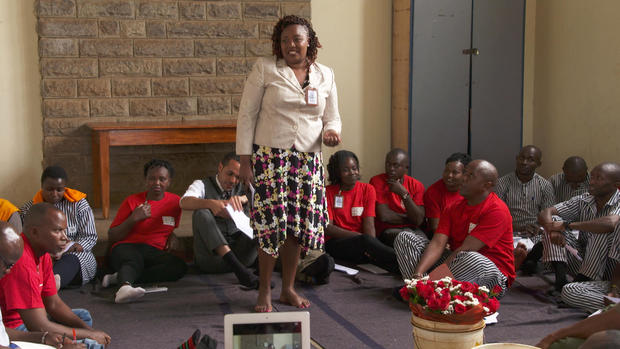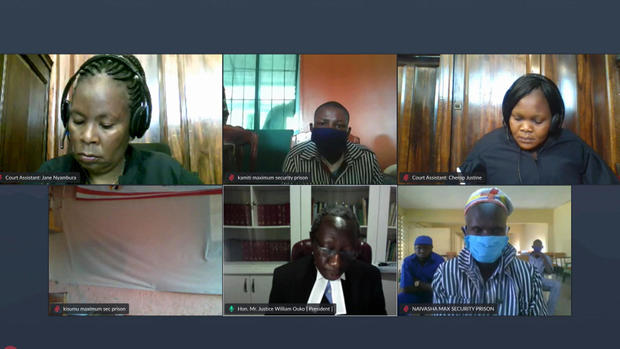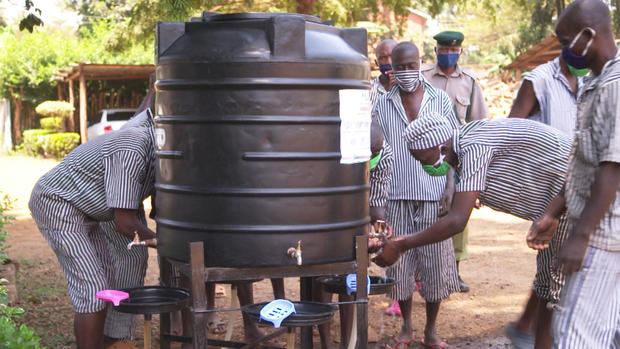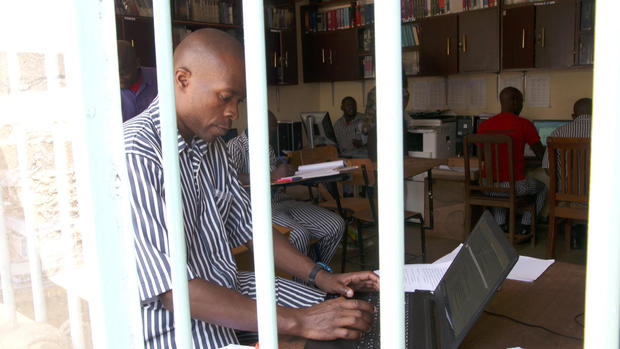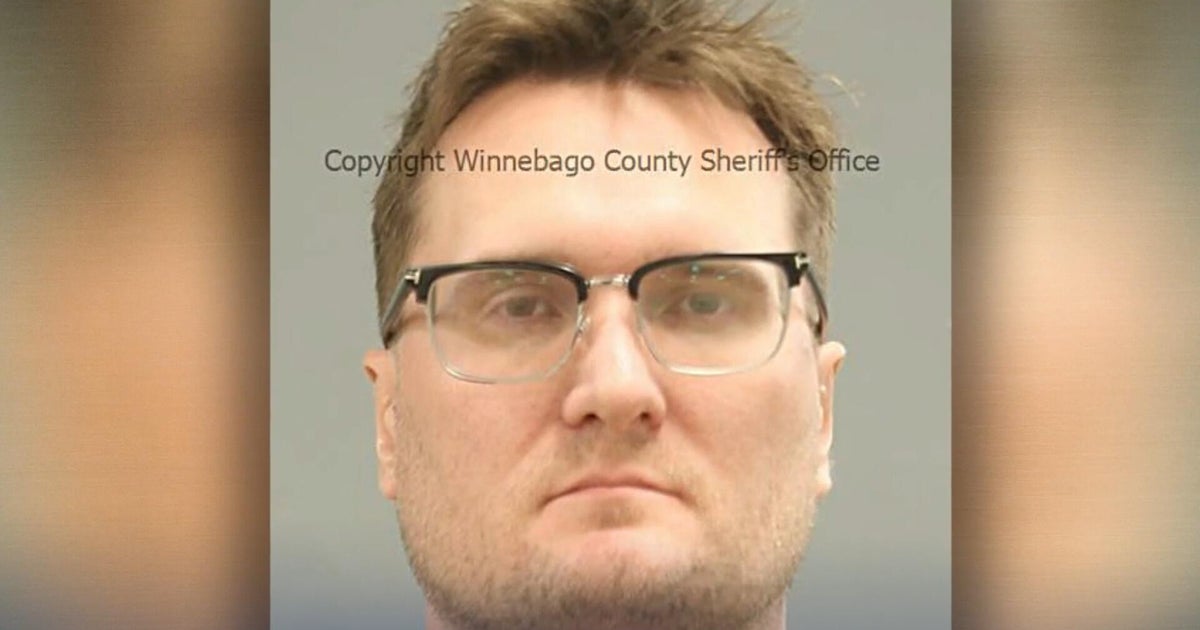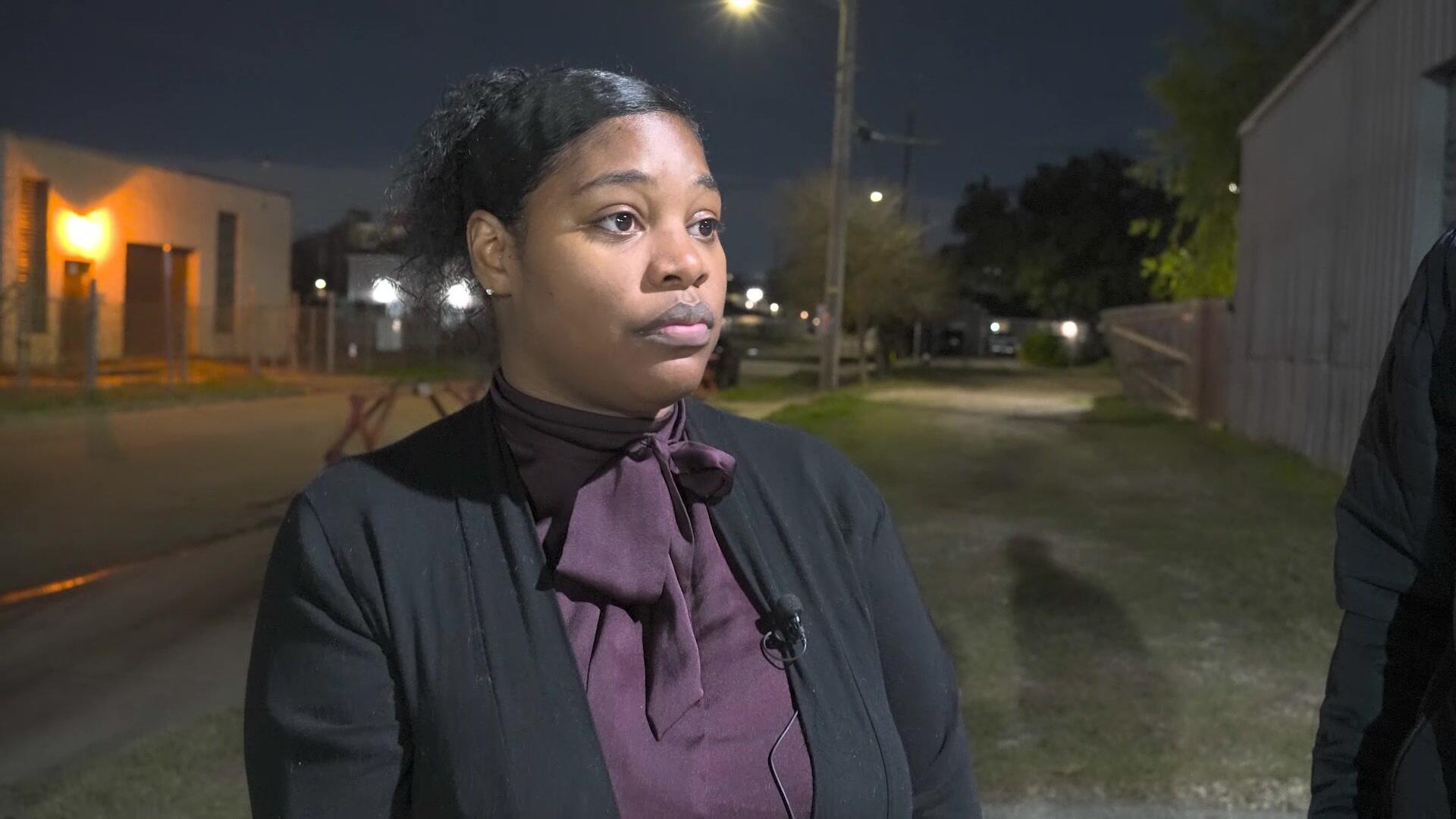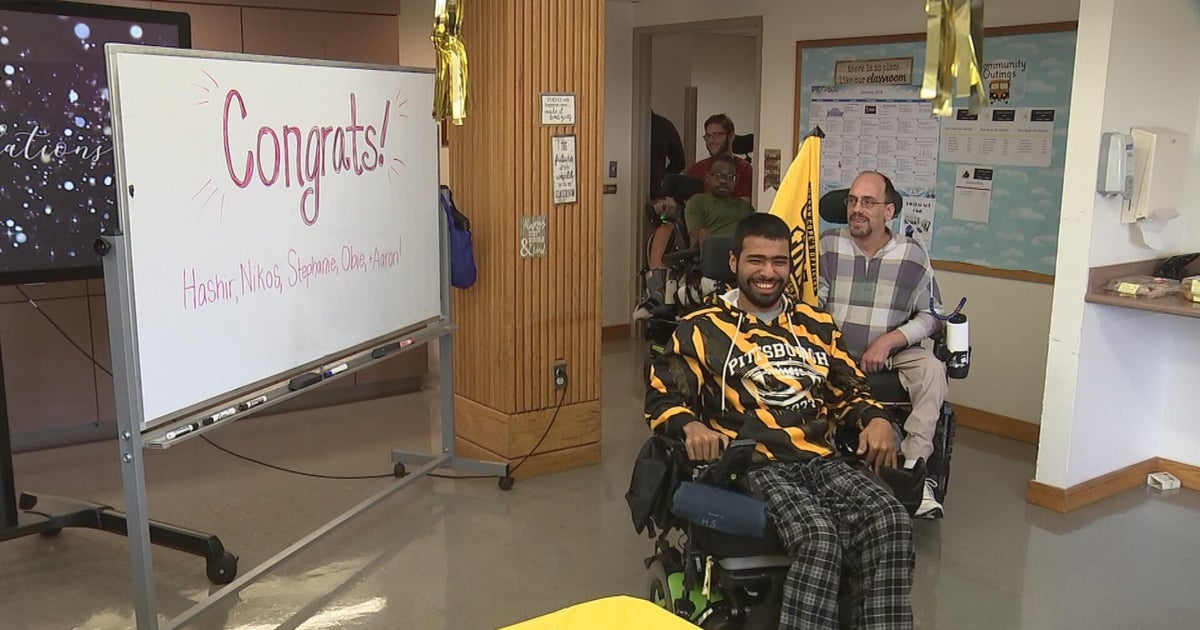How COVID-19 transformed the Kenyan court system
The pinstripe suit Isaac Kimaru wore to work inside Kenya's Kamiti Maximum Security Prison for nearly a decade lacked the grandeur of bespoke tailoring often donned by law school graduates in courts around the world. Like those he advises, the slender paralegal was subject to the unmistakable black and white stripes of incarceration.
For nearly a decade, life in prison is all that Kimaru knew.
The son of a teacher whose father died when he was 10 years old, Kimaru said he came from humble means in Kenya. At 25, he described being in his second year of law school when he began spending time with "bad company" and robbing cars to fund his "lavish lifestyle." The transgressions, and Kenyan authorities, eventually caught-up with Kimaru. He was arrested in 2010.
When 60 Minutes first reported on Kimaru in December 2020, he was serving a 14-year prison term for his transgressions.
"It was shocking," Kimaru told 60 Minutes about coming to prison. "At first, I got into some kind of depression…At some point, I felt like I'm broken completely."
Then Kimaru met Alexander McLean.
A soft-spoken 37-year-old British lawyer, McLean is the founder of Justice Defenders, a nonprofit that trains prisoners and their guards in Kenya and Uganda to become paralegals. Correspondent Anderson Cooper interviewed McLean for Sunday's episode of 60 Minutes.
"Alexander McLean is kind of an extraordinary person," Cooper said to 60 Minutes Overtime. "He started at 16 volunteering at a local hospice [in Great Britain]. By 18, he was volunteering at a hospice in Africa and he's dedicated his life to serving people who most people don't really care about. Prisoners in Africa are probably pretty low on the list of individuals that a lot of people in the world really think about very often."
Justice Defenders has worked in nearly 50 prisons in East Africa to help inmates navigate confusing legal systems.
"Currently, in Kenya, we do not have a public defender's office," said Miriam Washira, the country director of Justice Defenders in Kenya. "That means that you only get legal representation or advice from a lawyer if you can afford it."
Washira explained prisons in Kenya are overcrowded because more than half of the inmate population is awaiting trial and cannot afford to pay cash bail for amounts that generally convert to about $10 in U.S. dollars.
Poverty is not the only challenge faced by many Kenyan inmates. Another is English literacy. The official language of the Kenyan court system is often a barrier that prevents the accused from understanding the charges brought against them.
"There are interpreters who try to interpret, but, of course, there's breakdown of communication in most of the instances," Washira said. "Most of the people will not even understand what their charge is."
Before the COVID-19 pandemic, Justice Defenders' staff lawyers would conduct in-person paralegal training sessions for a select number of inmates admitted to participate. The three-week crash course focused on the basics of criminal law and included moot court simulations. Equipped with offline computers, the prisoners were taught how to read cases and file appeals with the court.
When the coronavirus pandemic reached Kenya, prison visitation was restricted. Previously banned, prison internet access became a salvation for a Kenyan court system that could ill afford to fall behind. Justice Defenders worked quickly to help source computers and establish functioning internet for the prisons it operates within. The results are staggering.
The Kenyan digital justice program conducted thousands of online court hearings during the pandemic.
"The maximum [security] prisons, for instance, Kamiti, said they have never seen so many cases resolved like what they have seen during this period," Washira told 60 Minutes Overtime in 2020.
The digital justice system did not come without challenges. Internet access can be unreliable in Kenya. Justice Defenders' Miriam Washira also noted that prosecutors sometimes struggle to get witnesses to appear in online court.
Regardless, Washira told 60 Minutes Overtime that Kenya's digital justice system remains in use more than two years after it was forced into existence due to COVID-19. She says it remains popular due to its efficiency in terms of time and cost.
As for Isaac Kimaru, the former inmate turned paralegal credits Justice Defenders for providing him an opportunity to reestablish meaning in his life. While in prison Kimaru completed his law degree remotely through The University of London in the same program Nelson Mandela studied under while he was incarcerated.
Kimaru is now out of prison and works for Justice Defenders. In the future he plans to attend the Kenyan School of Law to gain admittance to the bar and become an advocate to the high court.
"My main aim is to give back to the society in all aspects where we can try to bring equality and justice," Kimaru said in 2020. "Where we can be defenders of justice."
Editor's Note: After reporting on McLean and his non-profit, Cooper selected Justice Defenders as the beneficiary of a $138,197 donation from "JEOPARDY!." The total matched the contestants' winnings from the second week the 60 Minutes correspondent guest hosted the popular game show in April 2021.
The video above was originally published on December 20, 2020 and was produced by Keith Zubrow and Sarah Shafer Prediger. It was edited by Sarah Shafer Prediger.
